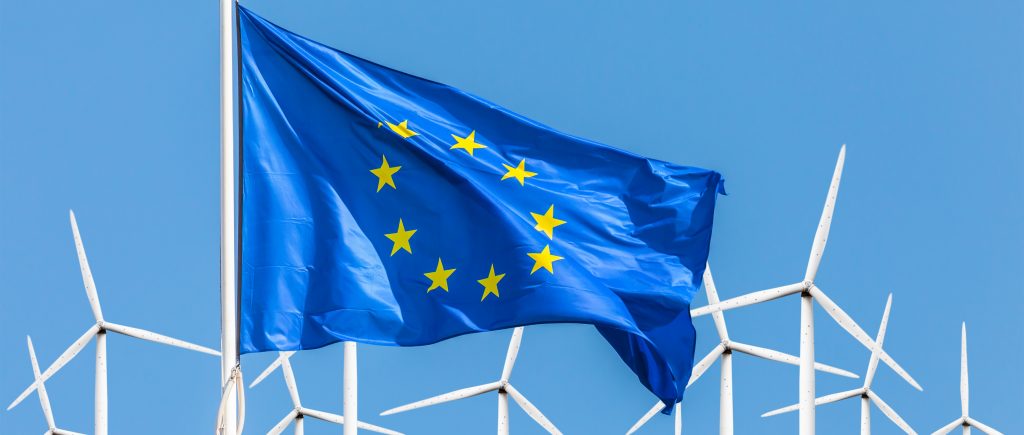Euro zone inflation unexpectedly fell last month, providing the European Central Bank (ECB) with greater flexibility to consider cutting interest rates from their historically high levels.
In March, consumer price growth in the 19 countries that use the euro slowed to 2.4 percent from 2.6 percent in the previous month. This decline came as a surprise, as analysts had anticipated a stable growth rate, with factors like food, energy, and industrial products contributing to the slowdown.
Data from Eurostat, the European Union’s statistics office, revealed that core inflation, closely monitored by the ECB to assess price pressures, fell to 2.9 percent from 3.1 percent, below the expected 3.0 percent.
While the stability of service sector inflation at 4.0 percent may raise some concerns for the central bank, it also indicates that rapid wage growth is exerting consistent pressure on prices in this sector.
Inflation rates have been on a declining trend for over a year, but the pace of decline has accelerated since last autumn, surpassing expectations. This has sparked discussions about when and how quickly the ECB will unwind its unprecedented interest rate hikes.
While the ECB is likely to acknowledge the improved outlook at its upcoming meeting, policymakers are not expected to immediately cut interest rates. Instead, they have consistently pointed to June as the earliest possible date for any monetary policy adjustments.
As a result, investors are not anticipating a rate cut on April 11, instead focusing their expectations on a potential cut in June, followed by additional cuts later in the year.
The ECB remains cautious about initiating interest rate cuts, as it expects inflation to return to its target of 2.0 percent next year. However, private sector expectations suggest a more moderate outlook, with inflation likely to reach around 2.0 percent by next autumn.
 Noor Trends News, Technical Analysis, Educational Tools and Recommendations
Noor Trends News, Technical Analysis, Educational Tools and Recommendations





